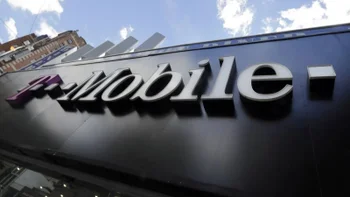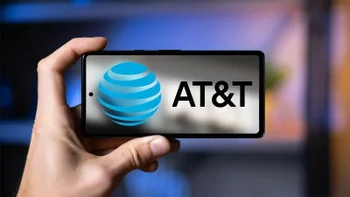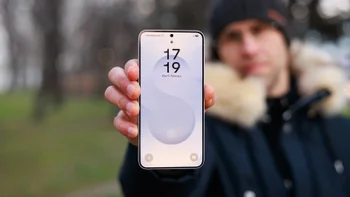Market-oriented AT&T wants to speed up shutdown of legacy service rural and low-income users rely on

AT&T is hopeful that the incoming administration will help it accelerate the dismantling of its copper networks, which it plans to retire by the end of 2029.
AT&T has so far continued supporting copper landlines, which are known as plain old telephone service, or POTS. Only 5 percent of the company's residential subscribers still use the copper-wire phone network, which costs it $6 billion a year.
While the outgoing Democrat-led Federal Communications Commission (FCC) wasn't opposed to the company ditching copper, according to CEO John Stankey, he believes the new administration will be more supportive.
POTS is obsolete, but many people are still hanging onto it because it's usually self-powered, making it the most reliable way to contact emergency services when natural disasters strike. Some customers, such as those from low-income households, can either not afford cellular service or don't have access to mobile networks or broadband internet because they reside in rural areas.
AT&T has introduced a landline alternative called Phone-Advanced that can run on both its mobile network and fiber to ensure no customer is left without a voice or 911 service. It can support all services that are dependent on POTS, such as fax machines and alarm systems, and has many of the same features, including caller ID and call waiting. The FCC has yet to approve Phone Advanced as a landline replacement.
AT&T hopes to convince its customers that Phone-Advanced will prove to be as robust as copper landlines.
In areas where Phone-Advanced is not available, the company will provide satellite service to its customers to keep them connected. In places with no alternative option, voice service will continue to be provided for as long as needed.
20 out of 21 states have given it the go-ahead to proceed with the multiyear transition.
Stankey believes that Brendan Carr, President-elect Donald Trump’s pick for chairman of FCC is going to be more "market-oriented" on issues such as migrating away from legacy networks. His praise for a market-oriented approach reflects the company's market-driven approach.
Blair Levin, a policy analyst with New Street Research, agrees that Carr will prioritize future needs over existing legacy services.
AT&T has so far continued supporting copper landlines, which are known as plain old telephone service, or POTS. Only 5 percent of the company's residential subscribers still use the copper-wire phone network, which costs it $6 billion a year.
POTS is obsolete, but many people are still hanging onto it because it's usually self-powered, making it the most reliable way to contact emergency services when natural disasters strike. Some customers, such as those from low-income households, can either not afford cellular service or don't have access to mobile networks or broadband internet because they reside in rural areas.
AT&T hopes to convince its customers that Phone-Advanced will prove to be as robust as copper landlines.
20 out of 21 states have given it the go-ahead to proceed with the multiyear transition.
Stankey believes that Brendan Carr, President-elect Donald Trump’s pick for chairman of FCC is going to be more "market-oriented" on issues such as migrating away from legacy networks. His praise for a market-oriented approach reflects the company's market-driven approach.
Blair Levin, a policy analyst with New Street Research, agrees that Carr will prioritize future needs over existing legacy services.
We also think that he will be clearer in directing staff to approve decommissioning requests. Further, we think he will be an effective voice in urging states to be more accommodating to [Incumbent Local Exchange Carrier] requests to retire copper networks.
Blair Levin, policy analyst at New Street Research, December 2024
Follow us on Google News












Things that are NOT allowed:
To help keep our community safe and free from spam, we apply temporary limits to newly created accounts: